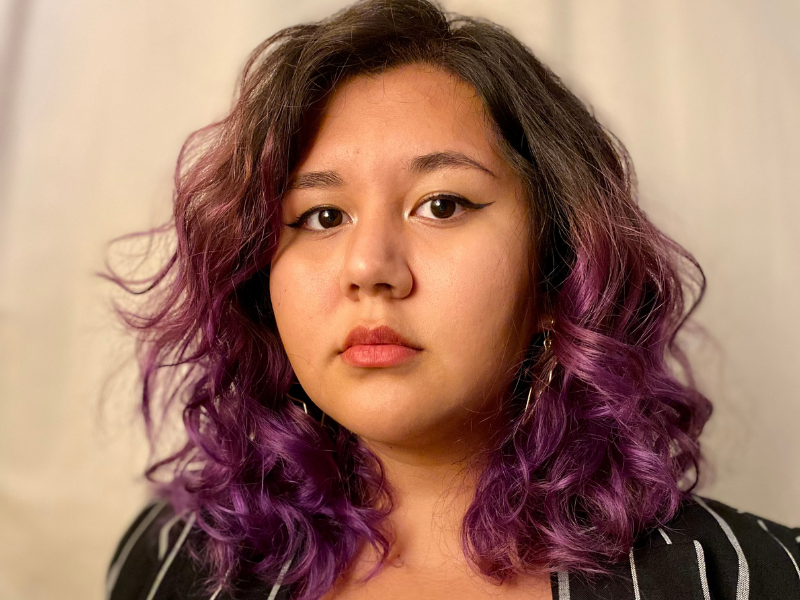By Lauren Gaines (LA ’20)

Photo of Liandra Niyah
As the struggle for gender equity and representation in the world of science continues, students are taking steps in the classroom every day to ensure there will be curious and engaged young scientists following in their footsteps to create a brighter future. Newcomb Scholar Liandra Niyah (SSE ’22) recalls how the support she received from her peers while pursuing a degree in biomedical engineering made her feel secure in her decision.
“Before Tulane, I was one of the few females and women in my engineering and computer science classes and dealt with lots of sexism from my peers,” remarked Niyah. “STEM, especially engineering, is based on community and groups, so now being surrounded by amazing and intelligent women after my experiences in middle and high school, I feel better about my choices and will to continue in this field.”
Understanding firsthand the transformative power of being told by peers, teachers, and community members that you are capable of being successful in STEM, Niyah uses her experiences to inform the work she does with young students in the New Orleans community through organizations like the Center for K-12 STEM Education, Girls in STEM at Tulane (GIST), and Boys at Tulane in STEM (BATS).
“I found my love for STEM at an early age thanks to the opportunities provided by my schools and family, so to work on getting kids engaged and interested in STEM, especially those from underrepresented groups, is quite fulfilling,” explains Niyah.
While she thinks fondly of her experiences as a female STEM student, Niyah also acknowledges that the field has a long way to go in terms of gender representation and equitable outcomes.
“Although Tulane and Tulane’s STEM majors are heavily female, the field itself is still being directed by men for men,” explains Niyah. “For example, there is not much research on the anatomy, mechanical properties, and medical devices for the female reproductive system. Without people pushing research forward, the devices that happen to be developed and put on the market may not address the real problem and may cause more harm.”
Seeing the clear gender disparities and gaps that exist in her field is what led Niyah to become involved in Newcomb programming as a member of the Society of Women Engineers (SWE) organization and Tulane’s SWE section.
“Newcomb, with their mission, have provided opportunities for women in STEM to develop a community and do great things in their majors,” recounts Niyah. “SWE has given me additional support and opportunities to attend national conferences, get job offers, and connect with graduate schools to continue my path in engineering.”
Niyah is also a member of the 2022 cohort of Newcomb Scholars, and she credits the program with helping her develop her passion for conducting interdisciplinary and intersectional research, as well as utilizing her own identities in her engineering projects.
“Being a Newcomb Scholar has helped me to develop these skills and become more confident and comfortable in who I am,” said Niyah. “Although I don’t have a dream job, my goals are to provide health care equipment and procedures that are more accessible, especially for Indigenous peoples, those in rural areas, and those with disabilities.”
Looking to the future, Niyah hopes to remain an advocate and source of support for other young women hoping to pursue careers in STEM.
“It is very common and easy for women to leave STEM during their time in college, so I’m thankful to have found support here,” remarked Niyah. “However, other women are not as fortunate as me, which is why I still present and advocate about the lack of women in STEM.”
In addition to the involvements mentioned, Liandra Niyah also serves as a co-founder of NOSTRA, an upcoming Newcomb publication that provides a platform for the voices of women, nonbinary, and marginalized students in the Newcomb Scholars program. She is also the Outreach Coordinator for the Tulane Society of Women Engineers section and works with Tulane’s Native American Affinity Group (NAAF) enacting positive changes for the Indigenous community at the university.
